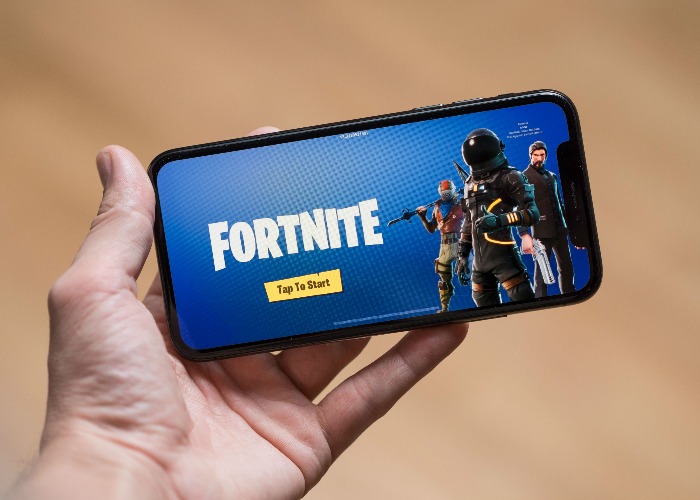Online and smartphone app games - how to restrict your kids' spending

Popular games including Fortnite, Candy Crush Sage and Pokémon Go can cause a headache for parents, with children spending a fortune on in-app purchases. What can you do to avoid an unexpected bill?
Fortnite is the latest computer game craze amongst children but it is causing a big problem for parents, it has expensive in-app purchases within the game that is leading to huge unexpected bills.
People playing the game on iPhones managed to spend a whopping £10m in just a few weeks as they buy V-Bucks – the in-app currency – so that they can purchase add-ons such as costumes for their avatar.
There have been reports of kids spending their parents' cash, with kids believing they were spending game credits not real money.
Fortnite isn’t the first game to offer in-app purchases that lead to surprise bills for parents.
A report by Nationwide Building Society in 2013 suggested that one in twenty parents had incurred a bill from their children's in-app spending.
The hugely popular smartphone game Candy Crush Saga allows the purchase of 100 (virtual) gold bars for a (very real) £14.99. The gold bars are used to purchase 'boosts' which make the game easier.
In the augmented reality hit Pokémon Go you can spend real money on 'PokéCoins'. You can spend up to £99 on PokéCoins in a single transaction.
Even some educational apps allow in-app purchases. Duolingo, which helps you learn foreign languages, allows the purchase of 'Gems', from between £1.99 up to £99.99.
How can you protect yourself from an unexpected bill?
You could choose to simply not let your child play these games, but that is unlikely to go down well.
A better option may be to put steps in place to stop your child being able to easily spend money within the games they play.

The way to do this is to stop your child from being able to use your card details when they are playing a game. How you do this depends on what platform they are playing the game on.
iOS devices – On an iPad or iPhone your child will always be asked to enter your Apple password before they can make an in-app purchase unless you’ve changed the settings to only ask for the password every 15 minutes.
Protect your details by checking your settings and making sure your password is always needed. You can do this by going to Settings > iTunes & Apps Store > Password Settings.
If your child knows your Apple password, then consider changing it. You could also set a different four-digit passcode that is needed before any in-app purchases are made. You can do this by going to Settings > General > Restrictions
Once you’ve set up the passcode you can select ‘In-App Purchases’ which will mean no in-app purchases can be made unless someone changes the settings use the pin code you just set up.
Android devices – Unfortunately, you can’t disable in-app purchases on an Android device, but you can make it, so an additional pin code is needed before anything can be bought.
To do this go to the Google Play App then Menu > Settings > User Controls > Set or Change PIN option.
Once you’ve set a four-digit pin go back to User Controls and select ‘Use PIN for purchases’ or ‘Password – Use password to restrict purchases’.
If you want to complain you can find more information on the website of the Government's Phone Paid Services Authority.
Finally, if you're looking for games without in-app purchases, Apple has put together a list.
Enter the app store and search 'Pay once and play'. Bear in mind not all these games will be suitable for kids.
Comments
Be the first to comment
Do you want to comment on this article? You need to be signed in for this feature